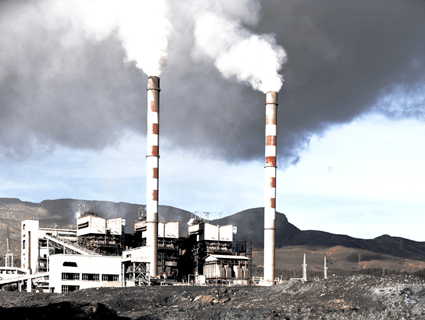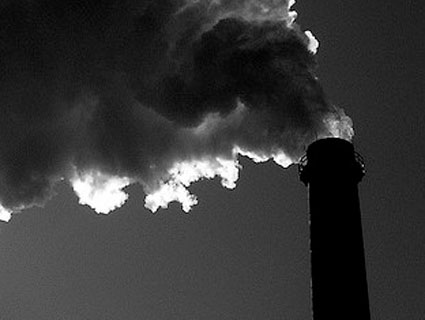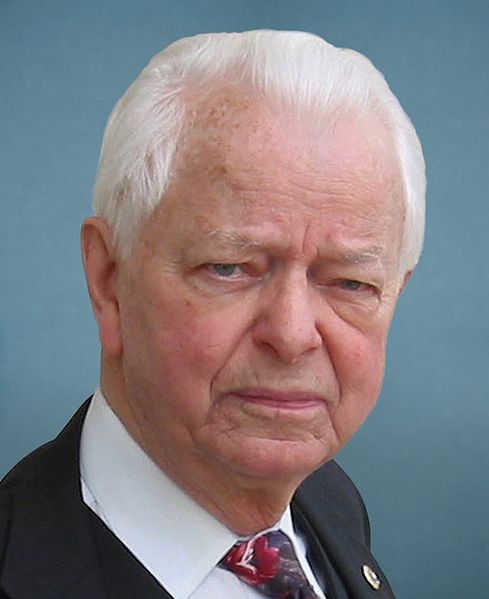
<a href="http://www.flickr.com/photos/colin_n/3178266540/sizes/l/in/photostream/">Colin Nederkoorn</a>/Flickr.
Today the Senate will consider two bills that would clamp down on the Environmental Protection Agency’s ability to enforce the Clean Air Act. This comes on the day after the House Energy and Commerce Committee voted in favor of Rep. Fred Upton (R-Mich.) Energy Tax Prevention Act, or HR 910, which would overturn the EPA’s ability to regulate greenhouse gas emissions under the Clean Air Act. Today, the Senate will vote on two items: an amendment introduced by Sen. Mitch McConnell (R-Ky.) that essentially attaches HR 910 as an amendment to an unrelated small business bill, and a bill by Sen. John D. Rockefeller (D-W.Va.), which puts a hold on the EPA’s regulatory powers for two years.
Rockefeller, who racked up $31,200 in campaign contributions from Peabody Energy from 2005 through 2010, claims he’s “not for” a bill “which abolishes the EPA” and “strips them all of funding”—it’s simply that Congress needs an opportunity to enact climate legislation. If last summer’s fizzling of the Kerry-Lieberman climate bill is any sign, the chances of Congress doing so in the foreseeable future are slim to none. Nevertheless, Rockefeller’s bill won the support of six other Democratic senators. (MoJo’s Kate Sheppard has more on this.)
In essence, McConnell and Rockefeller’s motions represent a “sneak-attack” on the EPA, as the Natural Resource Defense Council’s Dan Lashof puts it. And according to NRDC’s Pete Altman, these actions are moving forward despite strong opposition from public interest groups including the American Lung Association, the Consumers Union, and the Small Business Majority.
Meanwhile, a recent poll from NRDC found that 63 percent of likely voters agreed that Congress should not stop the EPA from updating air quality standards, and 69 percent thought that “EPA scientists, rather than Congress, should set pollution standards.” And in California, where GOP members are now trying to pre-empt a strict carbon-emissions law, voters just swatted down an oil-industry–funded initiative to suspend that law by a 62 percent to 39 percent margin.















